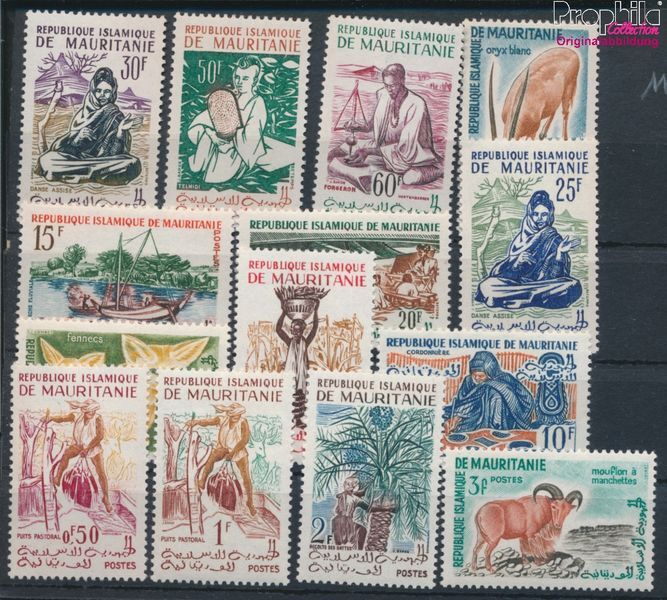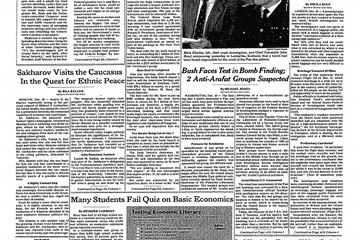Understanding Mauritania: Culture, Economy and More

Introduction to Mauritania
Mauritania, located in North-West Africa, is a nation that often goes unnoticed on the global stage despite its rich history and diverse culture. Covering a vast area of 1,030,700 square kilometres, it is known for its vast deserts, particularly the Sahara, and a fascinating blend of Arab and African cultures. Understanding Mauritania is essential as it plays a significant role in the geopolitical landscape of West Africa, especially considering its strategic position along the Atlantic coast and its abundant natural resources.
Geography and Demographics
Mauritania is bordered by the Atlantic Ocean to the west, Western Sahara to the north, Algeria to the northeast, Mali to the east and southeast, and Senegal to the southwest. Its population, estimated at over 4 million, consists of various ethnic groups, predominantly the Moorish people. This ethnic diversity enriches the country’s cultural tapestry, influencing its traditions, music, and social norms.
Economy and Resources
The economy of Mauritania is primarily based on agriculture and livestock; however, it is also rich in natural resources. The country is a significant producer of iron ore, which accounts for a substantial part of its exports. In recent years, the discovery of offshore oil and gas reserves has spurred interest from foreign investors, heralding a potential economic transformation. The government is working to enhance infrastructure and diversify the economy to sustainably manage and benefit from these resources.
Current Events
As of late 2023, Mauritania is facing numerous challenges, including the impacts of climate change such as desertification and reduced rainfall, which threaten agriculture. Moreover, the global fluctuations in commodity prices affect its economic stability. On the political front, efforts are being made to improve governance and address social issues, which are crucial for maintaining peace and stability within the nation.
Conclusion
Mauritania offers a fascinating blend of challenges and opportunities. Its strategic location, valuable resources, and cultural richness make it an important player in West Africa. As the world looks towards sustainable development, Mauritania can play a pivotal role in regional cooperation and economic growth. Observing its progress will be crucial for both local and international stakeholders, highlighting the importance of external support in addressing its socio-economic challenges.









